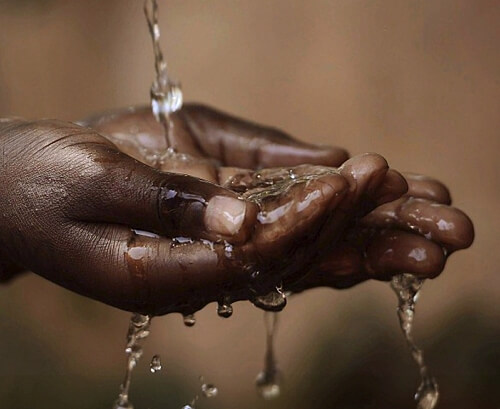Human Rights Day is observed every year on the 10th December. This is the day adopted by the United Nations General Assembly in 1948 for this purpose.
Human Rights Day reminds us of our power to stop any injustice or abuse by any authority. Human rights permeate the 2030 Agenda for Sustainable Development. The theme for this year’s human right day is Dignity, Freedom, and Justice for All.
Violence against women and girls is the world’s most pervasive human rights abuse.
There is no such thing as human rights for all while half the global population faces violence, misogyny, exclusion, entrenched inequalities, economic disempowerment, and multiple forms of discrimination
Women’s rights are fundamental human rights that were enshrined by the United Nations for every human being on the planet. The document which captures the Universal rights of every human, including the female gender is known as
the Universal Declaration of Human Rights (UDHR).
The UDHR clearly states the rights everyone is entitled to as a human being, regardless of race, colour, religion, sex, language, political or other opinion, national or social origin, property, birth or other status.
These rights include the right to live free from violence, slavery, discrimination, to be educated, to own property, to political participation, health, dignity and to earn fair and equal wage.
It is worth emphasizing that women are entitled to all these rights. Sadly, almost everywhere around the world, women and girls are still denied their rights simply because of their gender.
In Nigeria in particular, women still continue to suffer violations of their human rights through violence in the home, sexual harassment at school and work, rape and defilement, harsh and punitive widowhood rites, female genital mutilation (FGM), forced childhood marriages, sexual violence in conflict situations and during armed robbery attacks, enforcement of gender biased laws, discrimination against the girl-child, disinheritance of wives and daughters and harmful traditional practices.
There are many underlying factors responsible for women’s rights infringement in Nigeria. Prominent among these factors are unequal access of women and girls to education, harmful traditional practices, inadequate access to economic resources, and unequal access to political participation.
Women Impacting Nigeria continues to work tirelessly to improve the life of women and girls in Nigeria. Through its Women Empowerment Program (WEP), WIN has empowered about 1000 women through grants.
WIN also work towards a gender equitable Nigeria by providing women with Financial products and services to help and grow their business enterprises. WIN does this through it MSME Program, which have helped more than 10,000 women owned businesses to access soft loans and other financial resources.
WIN has also empowered over 1,000 vulnerable women and held Self Defense Workshops for women in Nigeria to enlighten them and equip them with skills to help them in crisis situations.
Through its community based interventions, WIN sees to it that harmful social norms and traditions that infringe directly and indirectly on women’s human rights, are combated and corrected at the grassroot level. WIN does this by reaching both the educated and illiterate women in rural marginalized communities in Nigeria.
WIN also partners with Jobberman and Mastercard Foundation to empower women with digital skills. This initiative has helped many women scale up their careers and this has contributed in bridging the gender gap in the Nigerian workplace.
Women Impacting Nigeria will continue to promote women’s equal rights and human dignity. Our efforts to uphold women’s rights is made possible by donors, volunteers and pattners.
Women Impacting Nigeria welcomes support and partnership opportunities with other organizations to combat the infringement of women’s rights in Nigeria.
Together, we can create an equitable Nigeria, where the rights of its female populace are neither denied or delayed.





